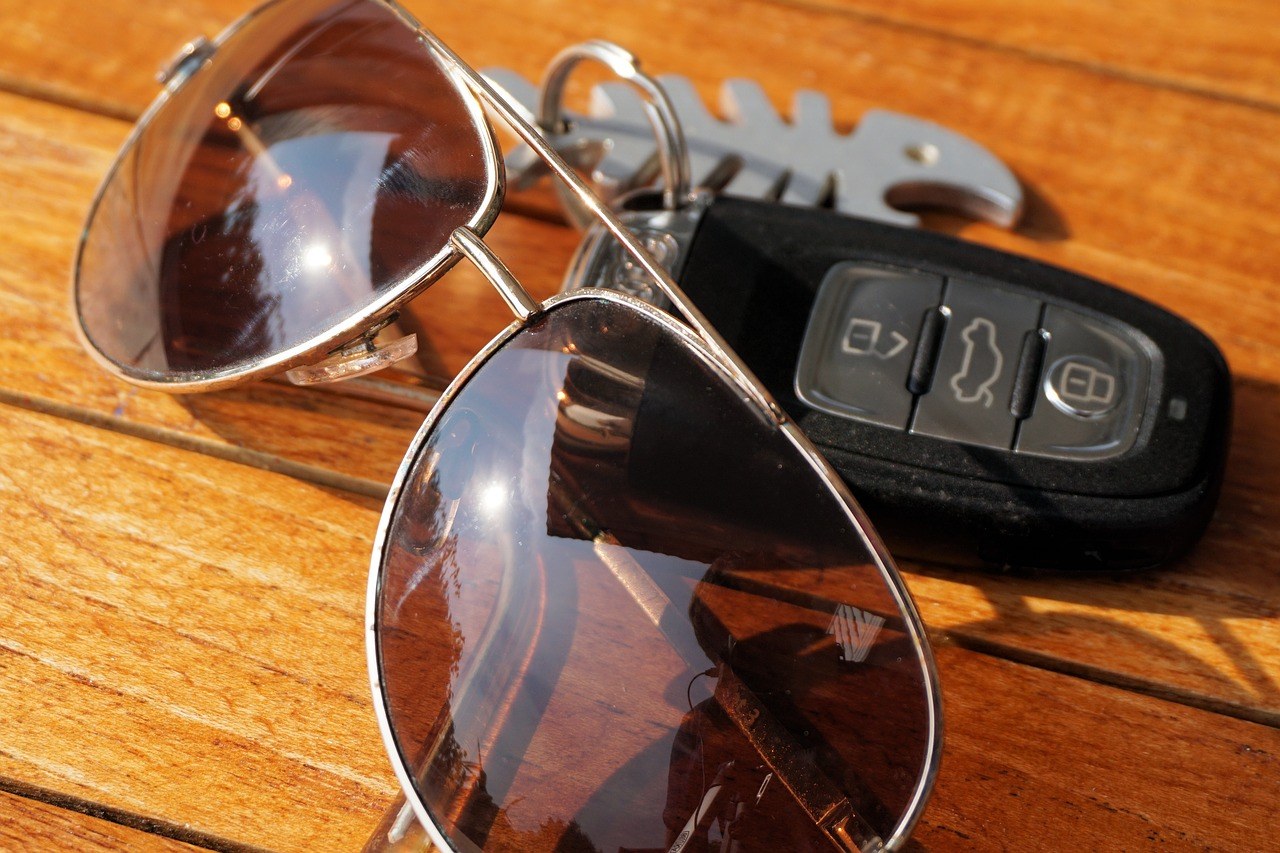
The first time you purchase a car is a process ripe with uncertainty regardless of personal circumstances. Whether you have recently graduated, just landed your very first real job or just never have purchased and owned a vehicle of your own, the process must be done well so that your purchase will be worth it in the long run. Listed below are some steps to take and useful tips for the first time car buyer.
Budget your purchase
The first step in purchasing your first car as well as in car buying in general is establishing a realistic budget based on what your monthly budget allows. Ideally a car is purchased with cash up front, however most people do not have that kind of money and must use financing to purchase a new or newer vehicle. Things to consider and keep in mind include rent or mortgage payments, how much you spend on food, health insurance and leisure. Once you have tallied your monthly spending you will have some idea as to how much you can afford to spend on a monthly car payment. Also bear in mind maintenance costs, having a car always requires costs associated with maintenance, even if your car is a top of line and brand new model.
Need based shopping, shop based on your needs
Once you have established a budget, next determine what your needs are. Car buying for first timers often generates excitement and enthusiasm but you should not opt for the most popular car but rather the one that will work best for you on a day to day basis. If you anticipate that you may be moving in the near future you may be thinking that you need a truck or minivan however that may not be the case, during such seldom occasions you can rent a U-Haul or hire movers to do the job. Rather, focus on factors such as how much your insurance payment will be, how much you will spend on gas, parking and such. Consider length of commute, how frequently you drive and how much space you need for your things as well as passengers. If you have a family you likely will need ample space and a somewhat larger vehicle whereas if you commute alone a more compact car may be what you truly need. However a major purchase such as a car also should be satisfying, you should still the car that you want but without overspending. If you spend a little more on a car that you truly want, more than likely you will feel good about your decision however do not overdo it. One way of getting something better can be making a few sacrifices such as eating out less or downgrading your cable package.
Research, research, research
Car buying should never be rushed, as a first time buyer you may get a little antsy however make sure you do plenty of research first. In this day and age researching cars is as easy as ever, car purchasers have hundreds of websites from which to get car info from. Researching will help to provide a better picture of all the available options within your price range and allow you to make an informed purchase decision. If you know someone who has a car that you are interested in buying, don’t hesitate to ask them about the vehicle and the experience they have had with it.
Pick the most convenient and trusted dealership
Once you have a few different purchase ideas in mind, find a dealership that is convenient to you. Neighbors and friends in the area also may know the more trustworthy ones as well as the ones that have the best deals and offers. Meanwhile you should avoid dealerships located on gravel lots and ones in which the entire staff is lounging around near the front door.
Test Drive Always
Also make sure to take a test drive before you purchase a vehicle. You may have done lots of research and gathered lots of information but there is no better indicator than a hands on experience with the vehicle. You should have an idea of how you feel in the vehicle, such factors as the feel of the steering, seat height and adjustment, visibility and the overall layout of the interior should fit the buyer’s preferences and needs. A test drive also should be more than a loop in the parking lot, test drive the car for half an hour or so in order to determine if you have found a match. The test drive should test how the car handles on freeways, in stop and go traffic and on smaller and larger roads and different road surfaces. If the salesperson is unwilling or unable to allow for a thirty minute test drive, come back at another time or find a dealer who will let you take it for a thirty minute spin. Again buying a car is somewhat of a process that requires spending a little time to make an informed decision, otherwise you will likely come to regret rushing through the process.

The right price
Once you have picked out what you want and like and determined what falls within your price range, then you must figure out how much exactly the right price is. The Kelley Blue Book provides a fair purchase price that any dealer in their right mind will not try to question. Sometimes a financial institution or credit union may be able to provide some insight and may have contact with certain dealerships. When you are shopping it is best not to reveal how much you want pay per month as this makes negotiating harder, the salesperson will try to upsell you to something that you might not have budgeted. Rather let the dealer know the full amount that you have budgeted and work from there.
Financing the right way
An important step, perhaps the most important step, for first time buyers is securing financing beforehand. Often times first time buyers might not have an extensive credit history and are subject to being at the mercy of a financer when making a purchase. Rather, talk with your bank or credit union prior and see what they can do for you. Your bank or credit union likely is willing to help whereas financing through a dealership may put you in a compromising situation, the more options you have the better and financers must compete for your business.